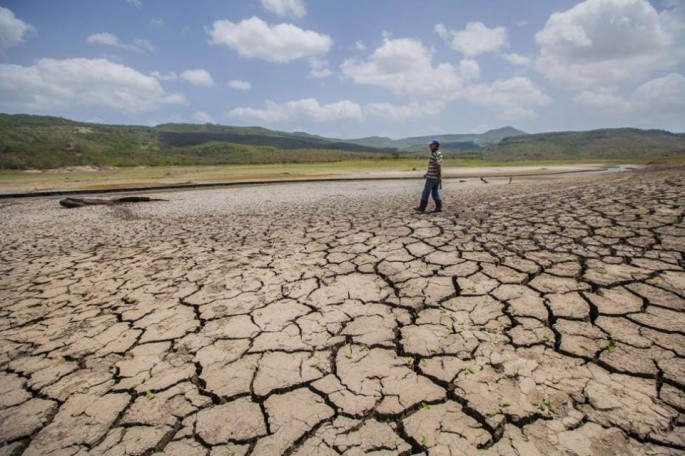The year 2016 became the hottest year on record but the world might be in for a respite in 2017 as the factors that led to this record setting world temperature aren't going to be around this year.
Average surface temperatures over land and the oceans in 2016 were 0.94 degrees Celsius (1.69 degrees Fahrenheit) above the 20th century average of 13.9C (57.0F), according to the U.S. National Oceanic and Atmospheric Administration (NOAA).
World temperatures also hit a record high for the third year in a row in 2016.
In its annual State of the Climate report, NOAA said 2016 was the hottest on record since scientists started tracking global temperatures in 1880. A separate analysis by NASA scientists reached the same conclusion.
NOAA records show 2016 was some 1.7 degrees Fahrenheit above the global average for the 20th century. And this warming was a truly global, and not a localized, phenomenon.
"(Last year) was the warmest year on record, beating 2015 by a few hundredths of a degree, and together those two years really blow away the rest of our record," according to Deke Arndt, chief of the monitoring group at NOAA's National Centers for Environmental Information in North Carolina.
"And that doesn't sound like a lot, but when you take that and you average it all the way around the planet, that's a big number."
Arndt said some part of every continent, and some part of every major ocean basin was warmest on record. He noted that in the United States, only Georgia and Alaska had record-setting warmth but "pretty much the entire country was above normal, and well above normal."
The record setting year of 2016 was caused by long-term warming plus the short-term effects of the El Niño weather phenomenon.
He believes the streak of record-breaking heat will probably end this year as the effects of El Niño dissipate. Unfortunately, the long-term warming trend will continue to go rise and will set new records for global heat increases every year.
Piers Forster, a climate expert at the University of Leeds, agrees with Arndt and said this year will likely be slightly cooler.
"However, unless we have a major volcanic eruption, I expect the record to be broken again within a few years," he said. Ash from big eruptions dim sunlight and cool the earth.
"The long-term warming is driven almost entirely by greenhouse gases," said Arndt. "We've seen a warming trend related to greenhouse gases for four, five, six decades now."



























